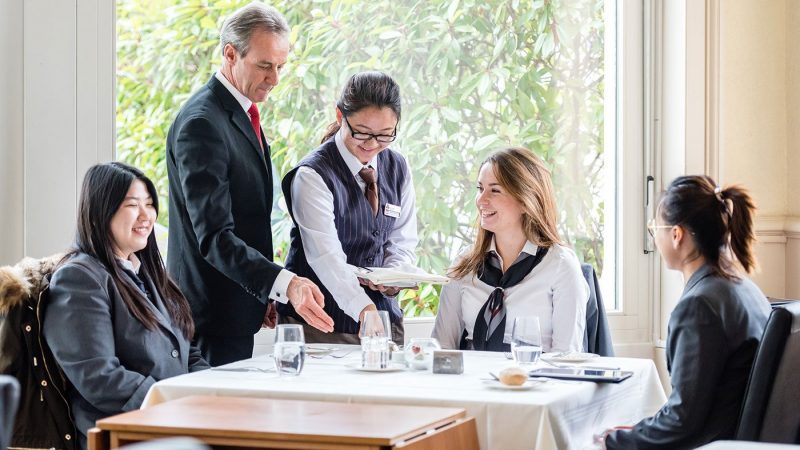Psychology offers much more than help solving personal problems. In the hospitality industry, psychology can play an integral role in helping you attain and keep your guests. The principles of psychology can be applied to every situation. It’s learning how to apply the correct principle at the right time that can be your key to hospitality success!
Needless to say, hotel and restaurant management success is based on the ability to understand the psychological underpinnings of the hospitality business. The ability to discern personalities that are suitable for different positions in hotels or restaurants is key to the success of these businesses.
The good news is; you don’t have to go back to college to earn a degree in psychology in order to master these principles. A lot of it is simple human nature and the rest of it has been tried, tested and proven by the greatest psychology leaders in all of time. Here are four principles of psychology that you can use starting right now, in order to improve your hospitality skills and the hospitality skills of your staff members.
Training
Spontaneous decisions regarding customers and employees are necessary in hotel and restaurant management. The best training comes from being in the midst of the work environment where situations, such as customer complaints or employee altercations, can be dealt with.
Complaints
Managers must understand the psychology behind the complaints and altercations. Understanding different personality types is key.
Personality Types
According to a 2007 article in the International Journal of Hospitality Management, hotel and restaurant managers need to be able to recognize the Big Five personality dimensions in their employees and customers. The Big Five are extraversion, agreeableness, conscientiousness, neuroticism and openness to experience.
Surprise
Pleasant surprises are a key principle of psychology. You may have heard of the phrase, “exceed expectations” in marketing. This is the core of surprise. People enjoy being surprised by the level of service they receive, and this is one of the easiest psychology principles to apply to your hospitality business. Here are some ideas to put this into practice:
Give more than is expected. Most guests at hospitality establishments do expect a certain amount of “freebies.” Maybe it’s a mint on the hotel bed pillow, or a free cookie with their after dinner coffee. But to implement the psychology principle of surprise, give more than is expected. For example, when guests are leaving after dinner, present them with a small “midnight snack” bag that they can enjoy in their room later on. Or give each guest a voucher for a free drink at the bar when they register at the hotel. These are pleasant surprises they will really appreciate.
Provide surprise entertainment. On weekend nights, consider setting up your common areas as casual lounges. Hire a cello player, harpist or another kind of musician to play instrumentals in the corner of the lobby. Set up a makeshift bar and serve complimentary drinks during the cocktail hour that guests can enjoy before they depart for their evening plans.
Although these behaviors seem inexpensive and easy, it is surprising to see how rare they are in most restaurants. Employees are sometimes so afraid to disturb clients that, in the end, they may appear as cold and unwelcoming. With robots entering the hospitality industry

